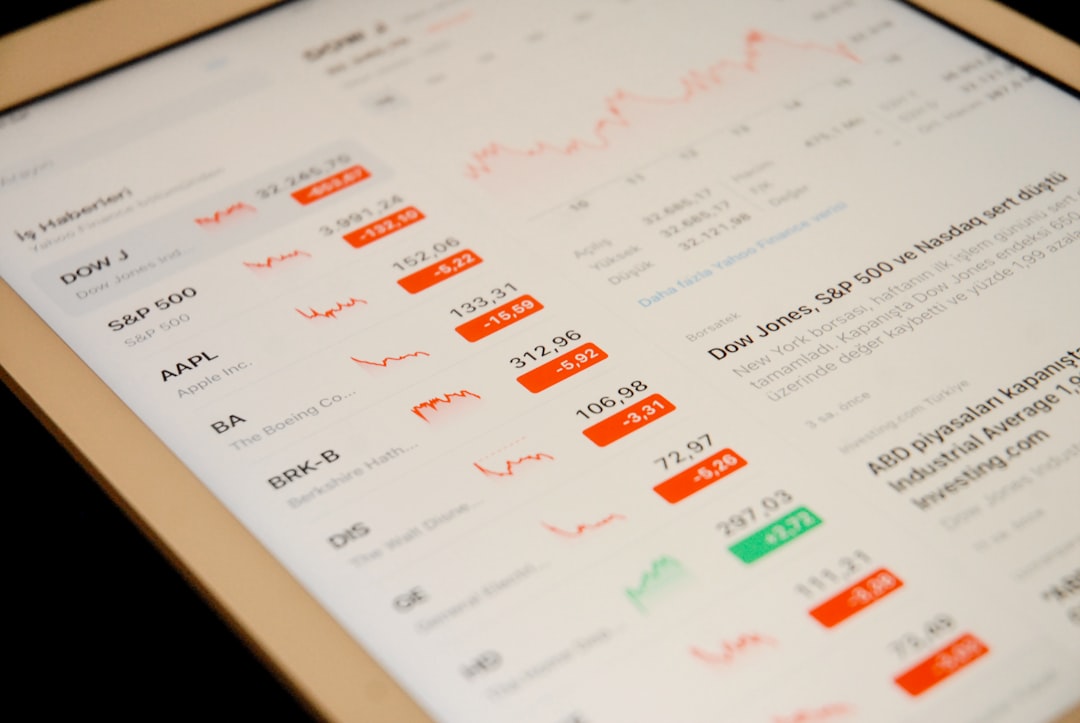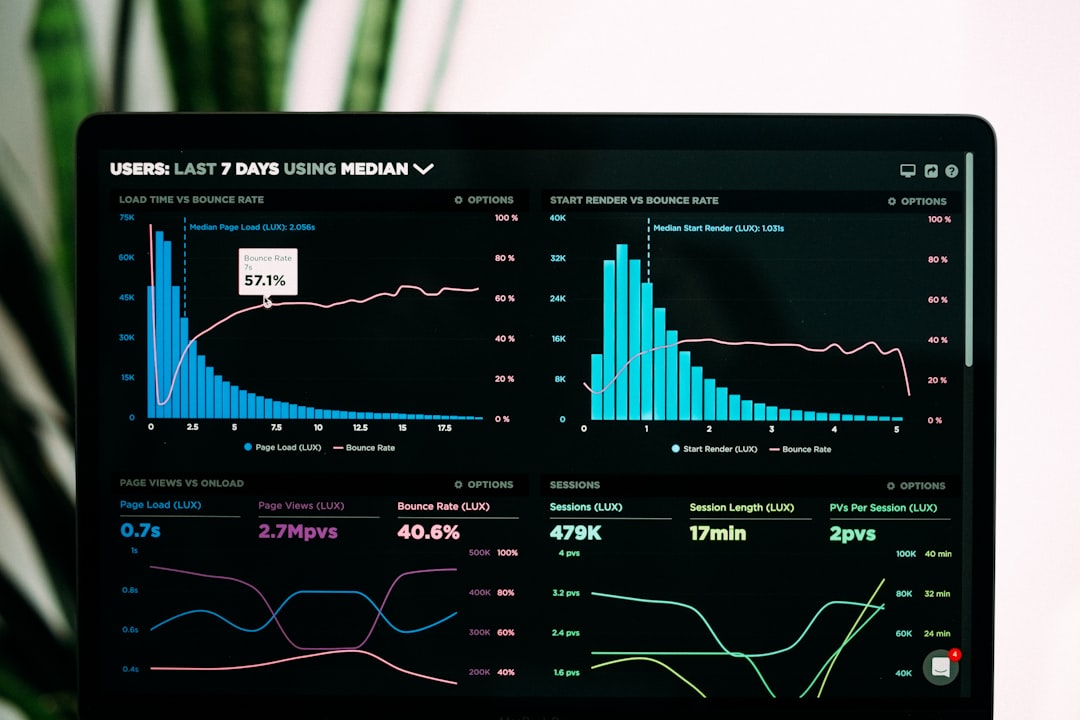In today’s fast-paced digital marketing landscape, automating email campaigns is no longer just a luxury—it’s a necessity. Businesses aiming to enhance customer engagement, increase conversions, and streamline their outreach processes often turn to AI-powered tools. These tools offer advanced capabilities like predictive analytics, personalized content generation, performance tracking, and behavior-based triggers. The right AI email automation tool can save countless hours and ensure messages are delivered to the right people at the right time with minimal manual intervention.
Email marketing automation driven by artificial intelligence has come a long way from simple scheduling. Today’s tools intelligently segment audiences, recommend content, optimize sending times, and test various elements of an email campaign to maximize performance. Let’s explore some of the most recommended AI tools for automating email campaigns in 2024.
1. Mailchimp
Mailchimp is a widely recognized platform that integrates AI to enhance its email marketing capabilities. With features like predictive demographics, dynamic content suggestions, and automated customer journeys, Mailchimp provides a powerful yet user-friendly experience. Its AI engine helps users identify optimal send times and personalize email content based on subscriber behavior.

2. ActiveCampaign
ActiveCampaign is ideal for businesses looking to connect email marketing with CRM functionality. The platform uses AI to create behavior-based triggers and automations that adjust as customers move through the sales funnel. It also provides A/B testing tools powered by machine learning and detailed customer insights that help deliver tailored content at every touchpoint.
3. HubSpot
HubSpot goes beyond just emails—it’s an all-in-one marketing, sales, and service platform. Its email marketing tool uses AI to optimize subject lines, segment audiences automatically, and suggest content based on past campaign successes. HubSpot also integrates AI chatbots that can carry consistent personalized experiences from emails to websites and CRMs.
4. Sendinblue (Now Brevo)
Now known as Brevo, Sendinblue leverages machine learning to improve campaign timing, personalization, and segmentation. One of its standout features is predictive send time optimization, which helps marketers send emails when individual users are most likely to engage. Brevo also provides SMS and chat marketing automation, making it a multifaceted tool for digital outreach.
5. GetResponse
GetResponse combines AI-powered marketing with strong design and automation tools. Its “AutoFunnel” feature enables users to build entire sales funnels with email workflows, landing pages, and product recommendations tailored to customer behavior. AI also helps improve segmentation by identifying patterns in open and click-through rates to create more engaging campaigns.

6. Klaviyo
Klaviyo is particularly popular among eCommerce businesses due to its deep integration with platforms like Shopify. By using AI, Klaviyo helps merchants send dynamic, data-driven emails that reflect real-time customer behavior. It also offers predictive analytics to forecast what a customer is likely to buy next, allowing for highly targeted promotional messages.
7. Drift Email
Drift Email focuses on streamlining email responses by using AI to filter, route, and respond to messages received via email campaigns. This tool is useful for sales teams who deal with high volumes of email leads. Drift’s intelligent routing engine ensures that leads are sent to the right sales rep instantly, improving speed-to-lead times and enhancing conversion rates.
Benefits of AI-Driven Email Automation
- Time Efficiency: Automate repetitive tasks and focus on strategy.
- Personalization: Tailor content to individual behavior and preferences.
- Data-Driven Decisions: Use analytics and AI insights to drive higher engagement.
- Improved ROI: AI helps increase conversions by sending the right message at the right time.
Conclusion
With a growing list of AI tools available for email marketing automation, businesses have more opportunities than ever to deliver smart, responsive, and customized email campaigns. When selecting an AI tool, it’s crucial to consider your specific goals, the complexity of your audience segmentation, and the level of integration required with your sales and CRM systems. By leveraging the power of AI, marketers can transform their email strategies into results-driven workflows that engage customers and drive revenue.

FAQs
- Q: Can AI tools completely replace human input in email marketing?
A: No. While AI tools automate many parts of email marketing, human creativity and strategic oversight are still essential for crafting compelling content and understanding broader business goals. - Q: Are these tools suitable for small businesses?
A: Yes. Many of the listed tools, such as Mailchimp and Brevo, offer affordable plans and scalable features tailored for small to medium-sized businesses. - Q: How do I measure the success of AI-powered email campaigns?
A: Use built-in analytics provided by the tools to track metrics like open rate, click-through rate, conversion rate, and ROI. AI tools also often provide predictive insights and benchmarks to measure campaign effectiveness. - Q: Do I need coding knowledge to use these tools?
A: No. Most AI email marketing platforms are designed with user-friendly interfaces and do not require any coding experience to operate.




